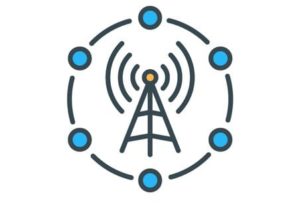Ericsson is betting on artificial intelligence to help streamline its LTE network operations in Japan, announcing a new collaborative research partnership with Tokyo City University.
The organizations say they will seek to develop AI algorithms that can be used to make network operations more efficient. In a statement announcing their partnership, they say their aim is to “automate and minimize human labor-intensive and time-consuming dataset annotation tasks.” The research will also delve into ‘reinforcement learning AI algorithms’ that can “automatically adjust network parameters by learning and observing real-time performance.”
For its part, Tokyo City University’s team appears to be well-suited to the task. As Prof. Kohei Shiomoto explains, “Our laboratory has been focusing on data-driven management that applies data mining technologies to address the increasing complexity of network systems.” Thus they already have solid expertise in the area of Ericsson’s focus.
Ericsson, meanwhile, has one eye on the 5G future as it embarks on this project, with the company’s Japan head Mikael Ericsson explaining, “We hope that this collaboration will result in new algorithms for applying machine intelligence to LTE and, eventually, 5G networks of our operator customers.”
Japan has in recent months been a hotbed of activity in 5G research and development, with Ericsson being substantially involved in such work. If its research with Tokyo City University proves fruitful, it could leave the company even better-positioned as a 5G solutions provider.

Follow Us